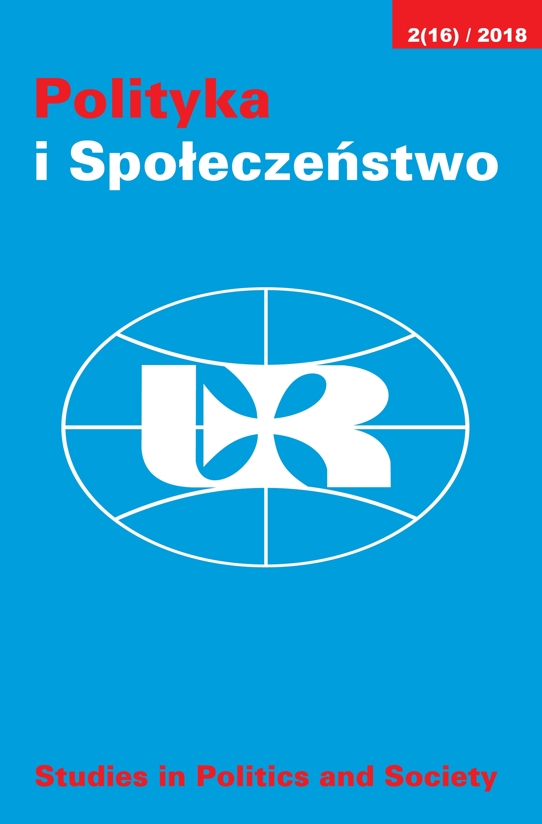Uwarunkowania polityczno-ekonomiczne polityki Chińskiej Republiki Ludowej na Bliskim Wschodzie
DOI:
https://doi.org/10.15584/polispol.2018.2.2Słowa kluczowe:
China, Middle East, Iraq, Iran, Saudi Arabia, Islamic State, Ujgurs, politics, economy, terrorismAbstrakt
The subject of my interest is to characterize the most important political and eco-nomic conditions that characterize the policy of the People's Republic of China towards the Middle East region. The main purpose of my work is to present holistic aspects of Chinese diplomacy towards the Muslim world, boiling down mainly to the economic conquest of the Middle East area. At the outset, I trace the relations of the China with Iraq and Iran, which are current-ly the most important countries in the Middle East for Beijing, thanks to which Beijing is systematically strengthening its position in the region. In the ensuing section of the arti-cle, I would like to discuss Beijing's relations with other political entities in the Middle East, starting with Israel and Palestine, ending with the rich states of the Persian Gulf - Saudi Arabia, Qatar, Bahrain and the United Arab Emirates. An important element of my reflections is also the mention of Beijing's position on political disputes in the Middle East - the Israeli-Palestinian and Syrian conflicts and the growing Islamic State, which in some way relates to the Uighur issue, extremely troublesome for Beijing due to the sepa-ratist struggle of the inhabitants of this society. In summary, I will try to outline whether Beijing's policy towards the Middle East will undergo certain modifications in the near future. I also intend to try to answer the question whether the concerns of the region's countries over China's economic power are justified.
Pobrania
Opublikowane
Jak cytować
Numer
Dział
Licencja

Utwór dostępny jest na licencji Creative Commons Uznanie autorstwa – Na tych samych warunkach 4.0 Miedzynarodowe.


